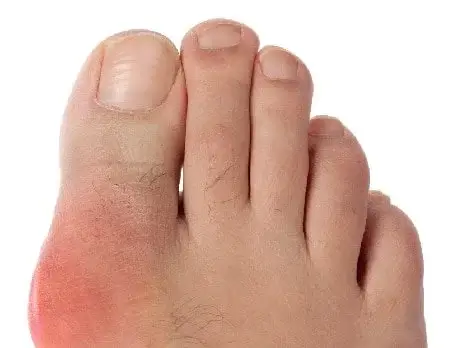
Cholesterol is a waxy constituent present in the blood and every cell of your body. The liver generates most of the cholesterol, and the remainder comes from the food you consume. Cholesterol is much required by the body for building healthy hormones and cells, repairing tissues and synthesis of vitamin. Cholesterol travels in the blood in packs called lipoproteins.

There are 2 variants of cholesterol and both are connected with disease. However the HDL high-density lipoprotein is considered the healthy or “good” cholesterol. It carries the excess cholesterol from arteries to liver to be removed from the body.
The LDL Low-density lipoprotein is unhealthy and “bad” type of cholesterol. It builds up in the arteries to form waxy fatty deposits called plaques.
Causes of oxidized LDL:
- A high Trans-fats diet – deep fried foods, bakery goods and sweets
- Excess Omega-6 oils – plant oils
- Deficiency of Omega-3 flax seed and fish
- High sugar intake,
- Smoking
- Improper Diabetes Management
- Genetic Factors
- Obesity and Sedentary Lifestyle
Most of the cholesterol is naturally produced in our body. A diet high in trans-fat, saturated fat, and sugar along with inflammation only further increases natural cholesterol production.
High cholesterol can lead to atherosclerosis or fatty deposits known as plaque in the blood vessels which disrupt the blood flow in to the arteries, thereby increasing the blood pressure. The combination of increased blood pressure with decreased amount of blood that carries oxygen to cells causes more complications as coronary artery disease, stroke, and heart attack.
So what are the changes you need to make to control High Cholesterol?

Things to Lessen
Lessen Diary and Meat: diary and meat are the main sources of cholestrol and fat. It is best to take eggs every second day or take out the yolk part that is high in cholesterol, every second day.
Moderate coconut intake. Though it increases the “Good” cholesterol production, the long term effects are not known.
OILS
The omeg-6 high oils include sunflower, canola, and safflower. This causes oxidization and increase inflammation. You should opt for olive oil- it is your safe bet. Adopt alternative cooking methods as sautéing, steaming, or baking with a little lemon juice and water, or even poaching. It is best to add your oil at the dining table than in the pan.
Avocados
Avocados, though high in fat, consist protective nutrients that you must lessen in your diet.
Things to Avoid
Low fiber and high sugar processed-foods are bad as they increase the cholesterol production. The mostly include trans-fat which is man-made.
Things to Take
Eat Seeds and Nuts
You can take nuts in abundance as they have cholesterol lowering qualities. Just soak the nuts in water overnight for additional digestibility and nutrients. You can take nuts in place of meat and dairy as it will lessen the chances of cardiovascular disease.
A tablespoon of flaxseeds that are ground freshly daily, will increase Omega-3 which is anti-inflammatory than Omega-6 which is pro-inflammatory oils in your body.
Fish is a better substitute for meat that is richer in omega-3 and improve the ratio of LDL – HDL.
Organic Vegetables

Organic vegetables are toxin-free as have fewer chemicals and also reduce your inflammation. Daily eat lots and lots of organic vegetables, 2 to 3 cups of green vegetables and fiber rich fruits. They are rich in antioxidants that will minimize oxidization and inflammation. It will also more the health of the arteries.
Garlic

The magic food garlic lowers the level of fats in our bloodstream called triglycerides and LDL. At the same time it balances out the blood pressure and increases the HDL. Eating about 3 to 4 garlic cloves daily is recommended. You may even add it to your food while cooking, or crush and add it to tomatoes on a toast or bread with some barley.
Soluble Fiber

Soluble fiber as oats, nuts vegetables, and beans lower your cholesterol. Eating 35g of fiber on daily basis is recommended.
Lifestyle
Just eating habits alone won’t get you the desired results. You would need to change your lifestyle habits to get a better health.
Avoid being stressed
Imbalances of Stress and hormone add to heart disease and cholesterol problem. Aggressive and impatient personalities often suffer from stress and cardiovascular diseases. It incites hormone imbalance thus produces cholesterol.
Combatting Stress:
The best way to combat stress is through exercising. Walking briskly about 5 to 6 times a week will improve your cholesterol health.
Additional Remedies

- Taking Acupressure and massages will help you de-stress and give you a better cholesterol and cardiovascular health.
- Taking herbal tea, or lemon tea.
- Herbs as Gingko Biloba protect the heart
 +91-8607000895
+91-8607000895  Whatsapp
Whatsapp


